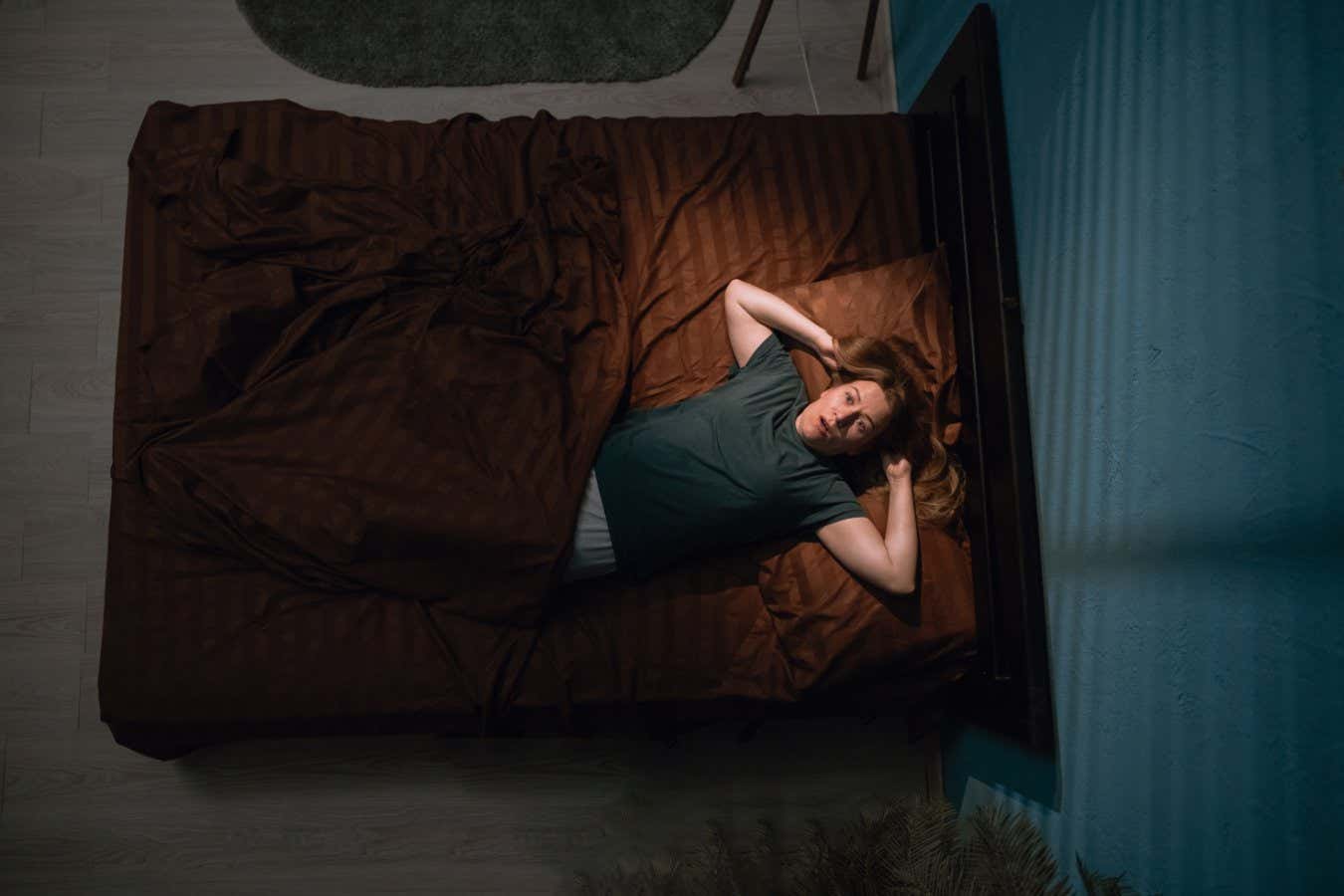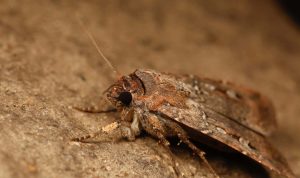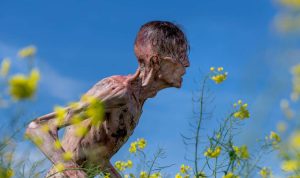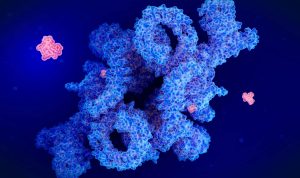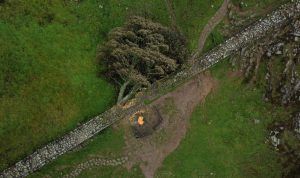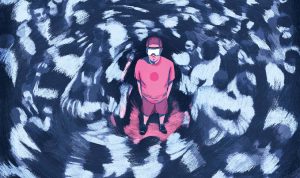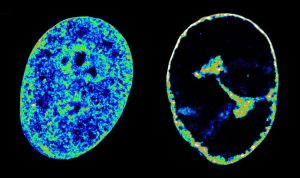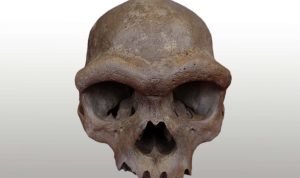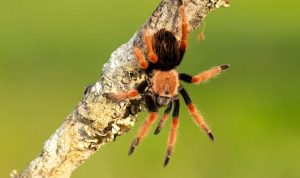Scary dreams disrupt our sleep and elevate our levels of the stress hormone cortisol, which may have serious consequences for our health over time
There are things we can do to prevent nightmares, such as not watching scary moviesAndrii Lysenko/Getty Images
There are things we can do to prevent nightmares, such as not watching scary movies
Having nightmares on a weekly basis seems to accelerateageing– and could even triple the risk of early death.
“People who have more frequent nightmares age faster and die earlier,” saysAbidemi Otaikuat Imperial College London.
Read moreThe truth behind melatonin and why it may not help you sleep
The truth behind melatonin and why it may not help you sleep
Along with his colleagues, Otaiku analysed more than 183,000 adults, aged 26 to 86, who had taken part in several studies. At the start, the adults self-reported how often they had nightmares, and were then tracked for as little as 1.5 years to as long as 19 years.
The researchers found that those who reported having nightmares on a weekly basis were more than three times as likely to die before they turned 70 than those who said they never or rarely had nightmares.
There is a clear association, says Otaiku, whose team also found nightmare frequency to be a stronger predictor of premature death than smoking, obesity, poor diet or lack of physical activity. He will present the results at theEuropean Academy of Neurology Congress 2025in Helsinki, Finland, on 23 June.
Get the most essential health and fitness news in your inbox every Saturday.
The team also assessed the participants’ biological age by measuring the length of their telomeres, which are small DNA sequences at the end of chromosomes that shorten each time a cell divides, withshorter ones being linked to premature ageing. This part of the study also included data from about 2400 children, aged between 8 and 10, whose nightmare frequency was reported by their parents. The adults had their biological age additionally assessed via molecular markers known as epigenetic clocks.
Otaiku says the team found a consistent association between frequent nightmares and accelerated ageing across all ages, sexes and ethnicities. “Even in childhood, people who have more frequent nightmares have short telomeres, indicating faster cellular ageing,” he says. Among the adults, the faster biological ageing accounted for about 40 per cent of their heightened mortality risk.
As for why this association occurs, Otaiku says it could stem from two factors. The first is that nightmares cause prolonged high levels of the stress hormone cortisol, which has beenlinked to faster cellular ageing. “Nightmares often wake us with our hearts pounding, in a stress reaction more intense than anything we experience when awake,” he says.
The second factor is disrupted sleep, which upsets the body’s overnight cellular repair processes. Sleep disruption has been linked to increases in the risk of various medical conditions, includingheart disease.
The shocking discovery that our gut microbiome drives ageingA new understanding of our relationship with our "friendly" gut microbes shows they actually have a dark side and help cause ageing. Here's how to fight back
The shocking discovery that our gut microbiome drives ageing
A new understanding of our relationship with our "friendly" gut microbes shows they actually have a dark side and help cause ageing. Here's how to fight back
If people want to avoid regular nightmares, there are often easy ways to do it, says Otaiku, including not watching scary movies and seeking treatment for mentalhealthconditions like anxiety.
“It’s an interesting finding and there is lots of biological plausibility,” saysGuy Leschzinerat Guy’s and St Thomas’ NHS Foundation Trust. However, he says, more research is needed to establish a causal link. Nightmares can be associated with a range of medical conditions and medications that people could have as they get older, which could be confounding the results, he says.
Receive a weekly dose of discovery in your inbox!
We'll also keep you up to date withNew Scientistevents and special offers.

